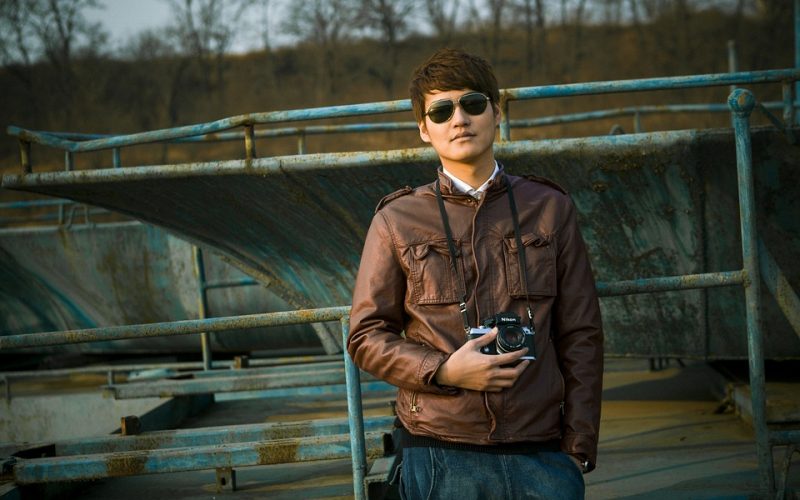Dating apps have transformed the way we connect, offering an unprecedented level of convenience and choice for those seeking romantic relationships. With millions of users swiping left and right daily, platforms such as Tinder, Bumble, and Hinge have become staples in modern dating culture. These apps have undoubtedly opened new doors for people searching for love, yet they come with their limitations—primarily in providing an authentic sense of someone's personality.
Below, we explore how dating apps succeed in providing variety and convenience but often fall short of offering a genuine insight into who someone truly is.
Dating apps and the power of endless choice
One of the biggest advantages of dating apps is their vast pool of users. No longer are you limited to meeting someone in your local neighbourhood, workplace, or social circles. With a quick download and a few filters to narrow down preferences, you gain access to thousands of potential matches in your area—or even globally.
The ability to connect with a diverse range of people caters to individual tastes, lifestyles, and relationship goals. Whether you're seeking a meaningful long-term partnership or something more casual, dating apps allow you the flexibility to find a connection that aligns with your preferences. This sheer variety is empowering for many, enabling users to step outside the confines of traditional dating methods.
The illusion of compatibility through profiles
While dating apps excel in offering choice, there’s a growing concern about how well they actually help users understand their potential partners. Profiles typically consist of curated photos, a short bio, and perhaps a few favourite hobbies or values squeezed into a couple of sentences. These snippets might reveal pieces of a person's life, but they are far from comprehensive.
This limited format can lead to what psychologists call ‘impression management’—the tendency for people to present the best versions of themselves, rather than their authentic selves. For example, a carefully angled photo with an intriguing caption may captivate attention but says little about how someone behaves in everyday interactions. Ultimately, what you see on an app may be a fraction of who someone truly is.
Swipe culture and the effect on building connections
Another shortcoming of dating apps lies in ‘swipe culture,’ where users often judge others based entirely on appearance. A single photo can make or break a match amidst the sea of profiles, putting an emphasis on physical attractiveness rather than compatibility or emotional connection.
This dynamic encourages superficial interactions, with matches frequently failing to progress to meaningful conversations. It’s easy to overlook the complexities of someone's character when the focus skews disproportionately toward aesthetics and instant gratification. Swipe culture may feel like a quick way to meet partners, but it often sacrifices depth in the process.
The challenges of expressing personality online
Text-based conversations, another fundamental part of dating apps, are often unable to convey important aspects of personality. Nuances like tone, humour, and emotional depth can get lost in translation when communication relies on short, written exchanges.
Imagine trying to communicate your sense of humour or your values in just a few text messages. Without face-to-face interaction, it becomes difficult to form a well-rounded perspective of your match. What someone says digitally may also differ significantly from how they express themselves in real life, leading to mismatched expectations.
Why in-person connections still matter
Despite their growing popularity, dating apps have yet to replicate the invaluable and irreplaceable aspect of in-person chemistry. Meeting someone face-to-face reveals subtle qualities—body language, the way someone speaks, or even how they interact with others—that simply can't be captured in an online profile or text conversation.
These moments help form connections that feel authentic and multi-dimensional. While dating apps are fantastic for introductions, they should ideally serve as a precursor to meeting in person. True compatibility often becomes clearer during real-world interactions, where shared experiences bring depth to your connection.
Finding balance in the digital dating world
Modern dating apps are undeniably powerful tools that provide opportunities for people to meet in ways that were impossible just a decade ago. However, their limitations serve as a reminder to approach online dating with balance and awareness.
Use dating apps as a gateway to connect with others, but avoid relying solely on them to determine compatibility. Prioritise taking the next step to meet your match in person and truly get to know them beyond their photos or texts.
With the right mindset, dating apps can help you find meaningful connections while still staying grounded in the importance of real, human interaction. After all, relationships thrive not just on shared interests or good looks but also on understanding and appreciating the full spectrum of someone’s personality.






















